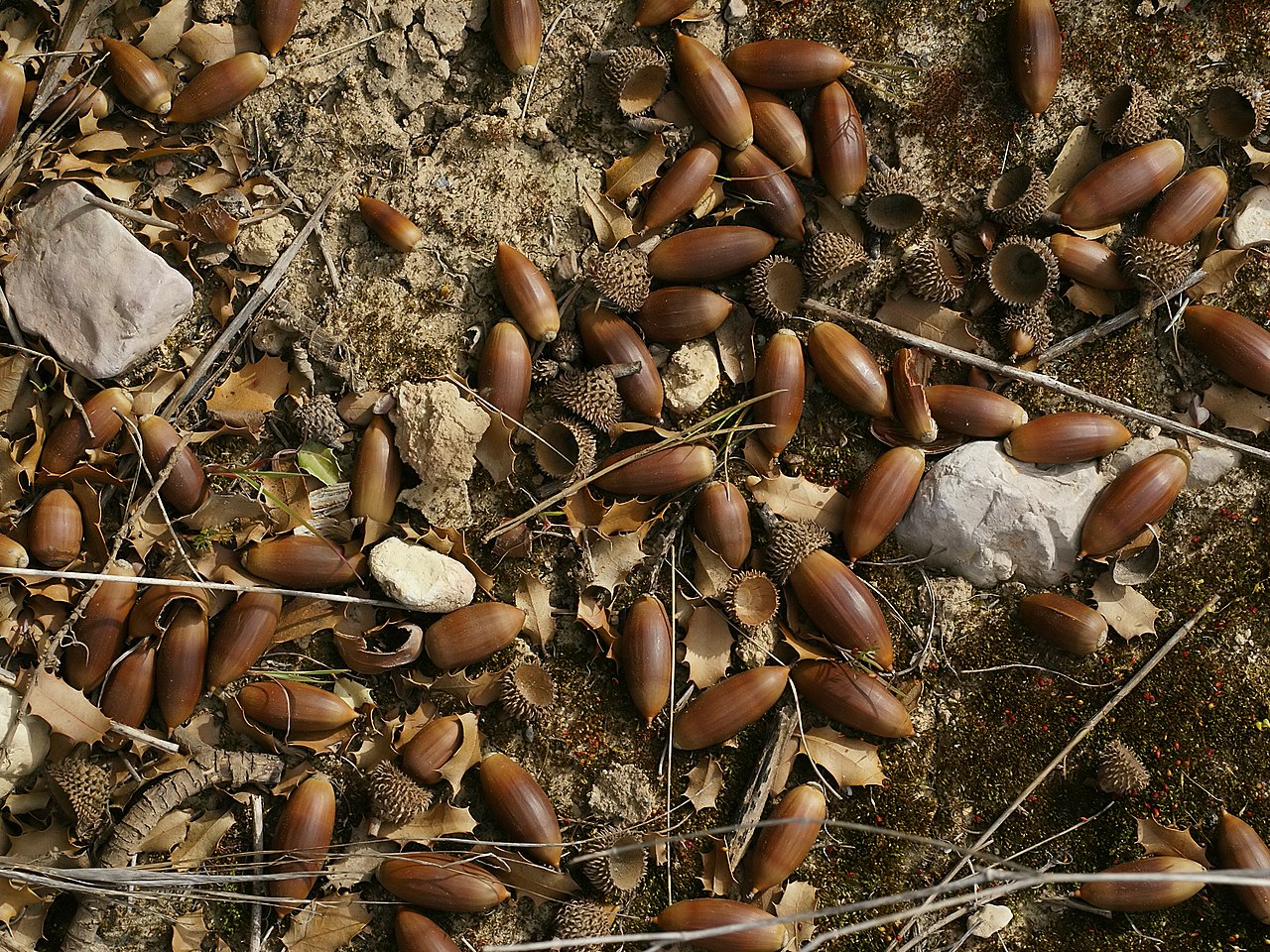
By Horace Gore
After a good year for wildlife habitats throughout Texas, deer hunters will have to contend with an outstanding acorn crop, which could foil the deer hunter who is looking for a mature buck. Most of the oaks north of I-10, and all of the Hill Country will produce a bumper crop of acorns that begin to fall in mid-September. Deer relish acorns from post oak, shin oak, live oak, and Spanish oak—in that order—and hunters may be waiting at the corn feeder for deer in the brush eating acorns. Younger bucks and does may come to the feeder out of habit, but older bucks that have a tendency to avoid feeders during daylight hours will stay in the brush and feed on acorns.
Be smart
Lucky hunters will spend more time in the blind, hoping to spot a good buck as he wanders in and out of his hiding place during his two-hour jaunts between resting and eating. Because of their acorn eating habits, mature bucks may be killed at high noon or mid-evening, rather than the customary early morning and late evening. The smart hunter will take food, water, and something to read (and a pee can) and stay in the blind all day. Remember that a jaunt from the blind for any reason will require at least an hour to recuperate the peaceful stillness of the deer hunt, so stay in the blind as long as you can.
Be patient
Acorns will dominate the food supply from September to Thanksgiving until deer, turkeys, other critters, and weevils consume the acorns and deer go back to the corn feeder. So, if you haven’t killed a good buck by Thanksgiving Day, don’t put your rifle away. Other hunters have suffered the woes of acorns just as you have, but a good buck might come back to the corn.
South Texas deer hunters west of I-37 and south of San Antonio hardly ever have a problem with acorns hindering hunting, but a good two-inch rain can sprout a bountiful supply of weeds and tender grass that will keep deer from roaming to the feeders for three or four days, or longer. Wet spells often play havoc with South Texas deer aficionados, so make the best of dry weather during the hurricane season in the South Texas brush.


